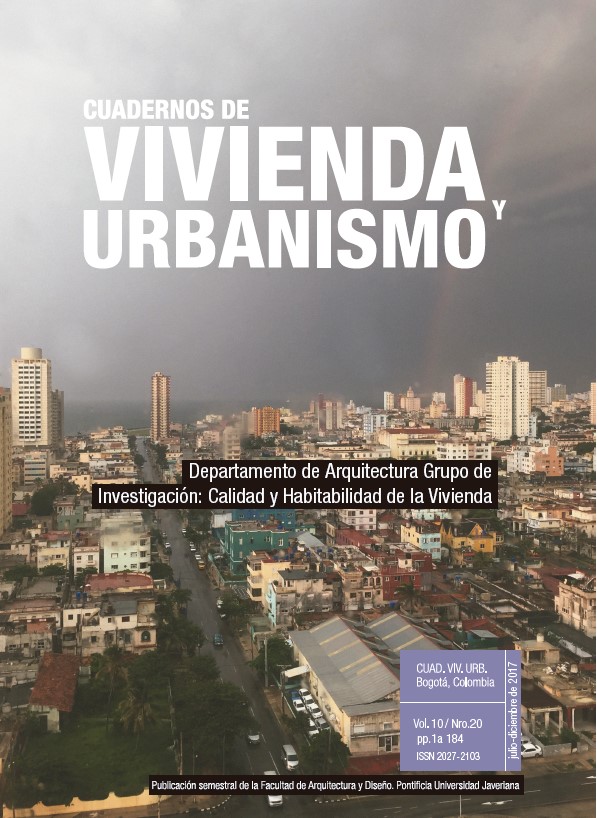Resumen
La medición de las condiciones habitacionales de un territorio resulta de especial interés para la implementación de políticas públicas. Los métodos tradicionales se concentran en la medición de los déficits y dejan de lado aquella parte de la población que se encuentra cerca del umbral. Con base en propuestas específicas, estándares de organismos internacionales, legislación nacional y la importante participación de especialistas, en este estudio se genera una metodología cuantitativa, que evita esa pérdida de información al incluir a toda la población de un territorio, asignándole un puntaje a cada persona de acuerdo a las características del hogar que habita. Para validar la propuesta, se presenta una aplicación con datos de Argentina, donde se constata su versatilidad, dado que permite detectar problemáticas particulares en cada dimensión, y también consigue analizar el nivel promedio, la distribución intra e interterritorios y la pérdida de bienestar por desigualdad.
Esta revista científica se encuentra registrada bajo la licencia Creative Commons Reconocimiento 4.0 Internacional. Por lo tanto, esta obra se puede reproducir, distribuir y comunicar públicamente en formato digital, siempre que se reconozca el nombre de los autores y a la Pontificia Universidad Javeriana. Se permite citar, adaptar, transformar, autoarchivar, republicar y crear a partir del material, para cualquier finalidad (incluso comercial), siempre que se reconozca adecuadamente la autoría, se proporcione un enlace a la obra original y se indique si se han realizado cambios. La Pontificia Universidad Javeriana no retiene los derechos sobre las obras publicadas y los contenidos son responsabilidad exclusiva de los autores, quienes conservan sus derechos morales, intelectuales, de privacidad y publicidad.
El aval sobre la intervención de la obra (revisión, corrección de estilo, traducción, diagramación) y su posterior divulgación se otorga mediante una licencia de uso y no a través de una cesión de derechos, lo que representa que la revista y la Pontificia Universidad Javeriana se eximen de cualquier responsabilidad que se pueda derivar de una mala práctica ética por parte de los autores. En consecuencia de la protección brindada por la licencia de uso, la revista no se encuentra en la obligación de publicar retractaciones o modificar la información ya publicada, a no ser que la errata surja del proceso de gestión editorial. La publicación de contenidos en esta revista no representa regalías para los contribuyentes.


